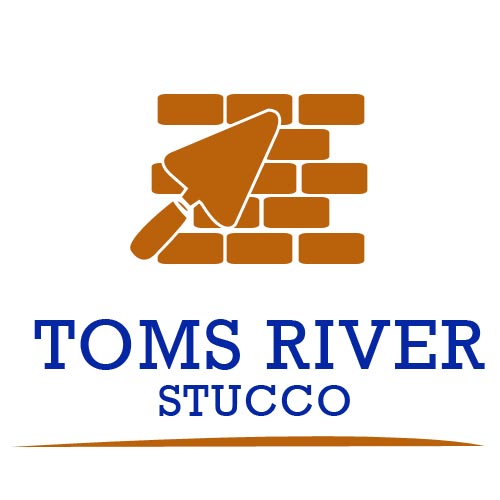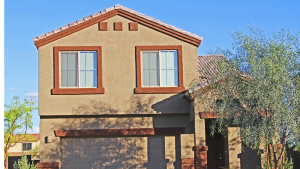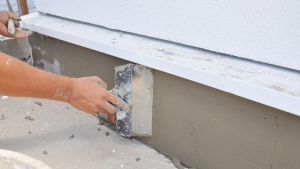Stucco is a durable, low-maintenance material that can increase your home’s attractiveness, curb appeal, and value. However, a number of factors related to the environment and poor craftsmanship could cause your stucco to deteriorate. Now, let’s quickly go over them.
Most typical reasons for stucco failure
Stucco is a durable, low-maintenance material that can increase your home’s attractiveness, curb appeal, and value. But, a number of environmental and workmanship-related factors could result in the breakdown of your stucco.
Improper door or window sill installation
A door or window that is installed poorly or inappropriately may prevent water from effectively draining off the property, which could cause problems. When it comes to windows, if a stucco installer didn’t properly place water-resistant paper behind the glass, water may be trapped, which could lead to mold growth and structural damage.
If there isn’t a solid barrier keeping moisture out, your stucco work will eventually fracture and deteriorate.
Flasher installed incorrectly
If kick-out flashing diverters—one-piece molded plastic or metal components intended to properly direct water flow—are missing or improperly installed, you might anticipate seeing cracking and deterioration in your stone and stucco work.
Improper vent, electrical outlet, and other moisture entrance point sealing
To avoid moisture penetration, which can cause stucco failure and other structural problems, dryer vents, light fixtures, pipelines, and electrical outlets should also be constructed properly. This is similar to how window frames should be constructed. These holes should be totally watertight in addition to having proper water management systems around them.
Improper deck installation
A qualified deck builder should use water management strategies including barrier membranes, rain screens, and ledger board drip can flashing to protect the rim joist and anything below it (even stucco). This is particularly crucial when dealing with larger decks. A knowledgeable stucco inspector can identify any potential problems or provide advice on how to protect your stucco if you’re intending to build a deck.
Transitional problems with the materials
Transitions between stucco and other building materials, such as stone, concrete, siding, and brick, can be challenging if all connections between these dissimilar materials have not been properly sealed for expansion and contraction, which can result in and worsen both cracking and water penetration. Flashing can assist in preventing substantial damage to stucco, much like it is essential to ensure that water drains effectively around windows, doors, and chimneys.
If you live close to Toms River, contact our stucco experts for inspections, construction, or repairs.




